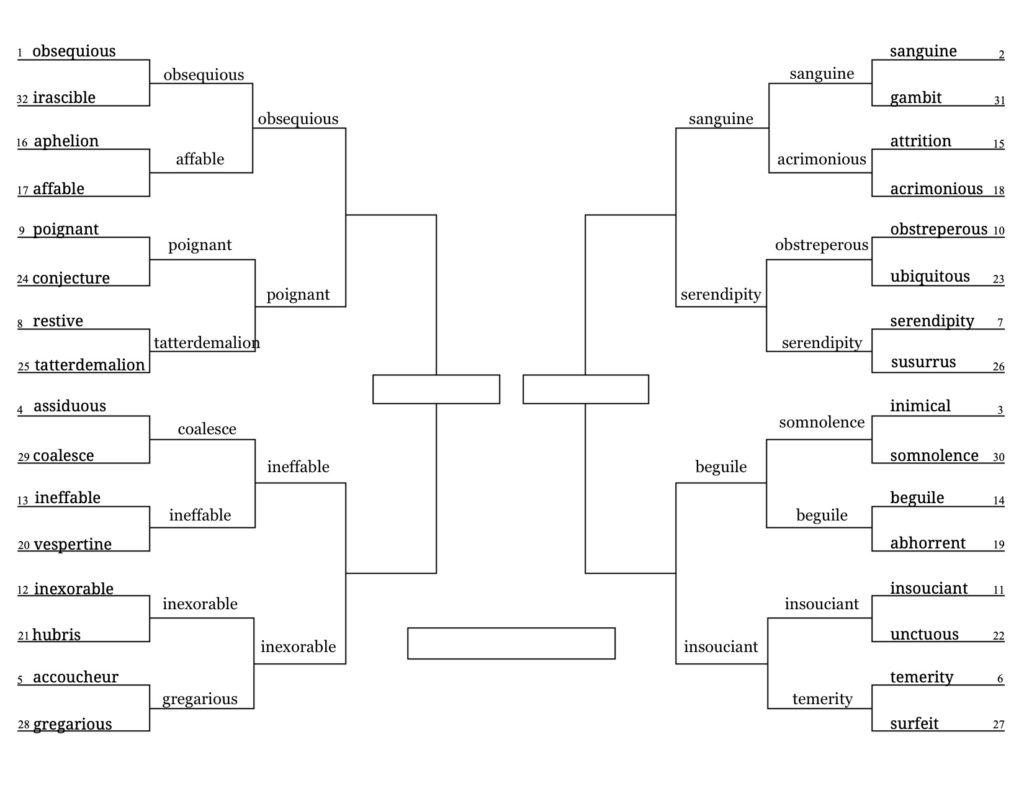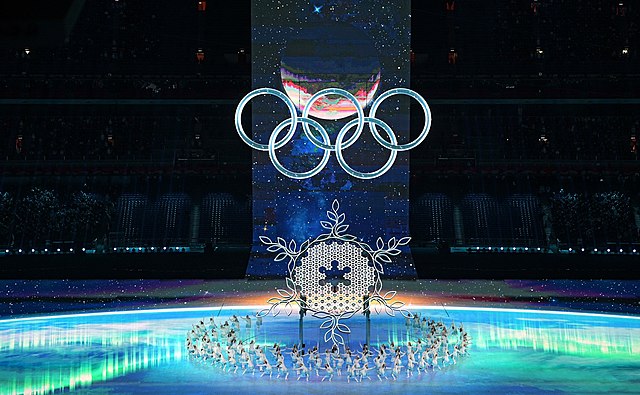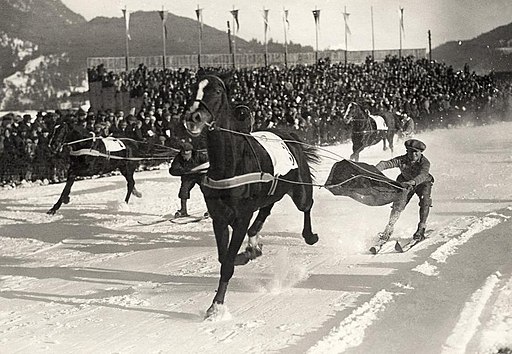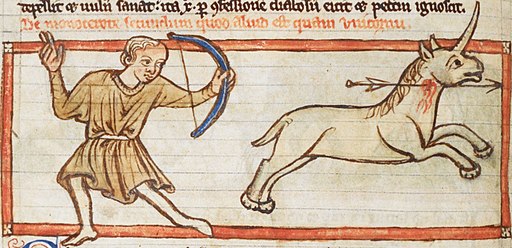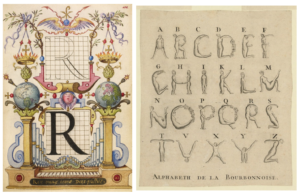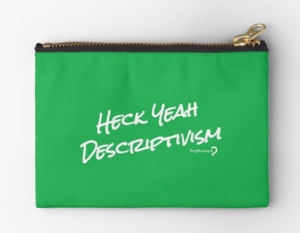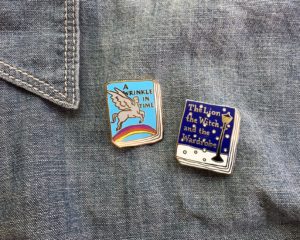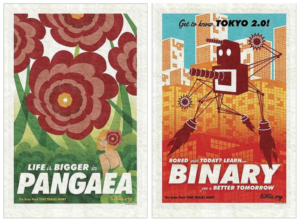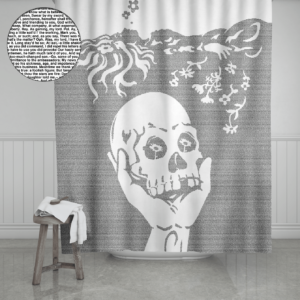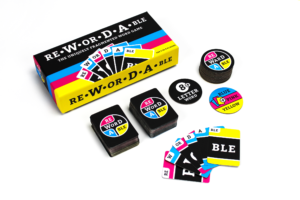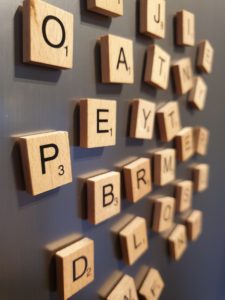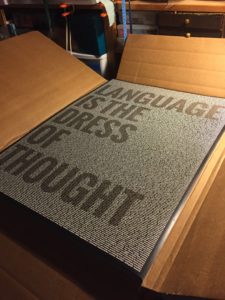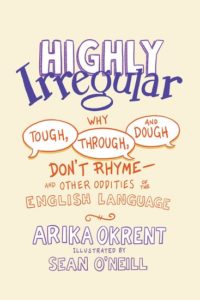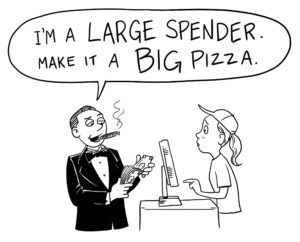
Photograph by Graeme Hunter/HBO
ortolan
Greg: What’s ortolan?
Tom: It is a deep-fried songbird, eaten whole.
Season 1, Episode 6, “Which Side Are You On?”
As Tom explains to a deeply uncomfortable Greg, the ortolan is a small songbird native to Europe that, for centuries, was a delicacy of French cuisine. While Tom is incorrect about the method of preparation – the birds are traditionally roasted after being drowned in armagnac brandy(!) – he is correct about the way they are eaten: with a napkin placed over the diner’s head and eyes, possibly to concentrate the eating experience, or to shield the diner from the judgment of God at such a shameful act.
The killing and eating of ortolans is banned in the E.U., which has made the experience all the more rare– and, for some, more exclusive. In recent years, ortolan has been featured in the shows Billions and Hannibal as well as Succession. The bird, its exclusivity, and the ritual around eating it are all ripe for symbolic usage: in Succession’s case, it represents the callous indulgences of the ultra-rich, and also echoes the way its characters turn a blind eye to wrongdoing at the Waystar/Royco corporation.
closed-loop system
Tom: It’s cool though, because it’s like I didn’t cheat, because all the sperm stayed in my own body. Like a closed-loop system.
Season 1, Episode 8, “Prague”
In engineering, a closed-loop system refers to electro-mechanical control systems that incorporate feedback in their own operation, like cruise control. In Succession, it’s Tom’s euphemism for a certain act (we won’t go into detail here) that’s definitely “a thing, there’s a word for it.”
bear hug
Logan: This is a fucking bear hug?
Kendall: That’s right.
Season 1, Episode 10, “Nobody is Ever Missing”
Succession is, at least ostensibly, a show about business dealings, and for some viewers (including your author) the show serves as a crash course in corporate jargon.
The end of Season 1 sees Kendall and Stewy attempting a hostile takeover of Waystar/Royco via bear hug, a move that is not at all cuddly as its namesake, and far more akin to the wrestling move of the same name. In business terminology, a bear hug is an acquisition strategy in which the offering company tries to buy the target company’s shares at a price well beyond market valuation.
pusillanimous
Stewy: Fuck you too, you pusillanimous piece of fucking fool’s gold.
Season 2, Episode 1, “The Summer Palace”
When Stewy Hosseini hurls the above insult at former partner Kendall, he’s understandably mad after being double-crossed; in true Stewy fashion, though, he doesn’t miss a beat.
The word pusillanimous, meaning ‘weak-willed and cowardly’, comes from the Latin pusillus, ‘weak’, and animus, ‘spirit’. It’s a good word to hurl at political opponents, as Spiro Agnew did in 1970, calling critics of Nixon’s Vietnam policy “pusillanimous pussyfooters”.
hyper-decant
Connor: I hyperdecant. You don’t hyperdecant? You’re just doing regular decanting?
Season 2, Episode 3, “Hunting”
Leave it to Connor, the out-of-touch eldest Roy sibling, to deploy one-percenter lingo in a way that was probably intended to be sophisticated, but just comes off as embarrassing.
Decanting refers to transferring a liquid—usually wine—from one receptacle to another. In oenology and viticulture, decanting aerates the wine and separates it from any sediment it may have formed. Hyper-decanting—yes, it’s a real thing!—is a controversial method of putting wine in a blender, which supposedly has the effect of softening the tannins and speeding up the aging process. Does it work? Well, the jury’s out.
attack child
Greg: A person can definitely fit through that window. A small person. An attack child.
Season 2, Episode 4, “Safe Room”
You’ve heard of attack helicopters, attack dogs, and attack ads. Attack children, however, are a newer (and hopefully imaginary) concept cooked up by Greg in a moment of panic. The word attack—whether used as an adjective, verb or noun—has its roots in the Old Italian stacca, meaning ‘stake’: a weapon of questionable efficacy against an attack child, unless the child is also a vampire.
Grexit
Greg: My grandpa has made it clear that if I want to secure my future, then I need to sever my links. Negotiate a bit of a “Grexit“.
Season 2, Episode 8, “Dundee”
Succession loves its puns and portmanteaus almost as much as its insults: a (poorly) rapping Kendall is dubbed Ken-W.A., Frank is Bore Vidal, and everyone knows that “You can’t make a Tomelette (or Tomelet?) without breaking a few Greggs.
Grexit, as Cousin Greg deems his own potential departure from the company, is clearly a reference to Brexit, the informal term for the United Kingdom’s departure from the E.U. Funnily enough, the words Brexit and Grexit were coined around the same time, though the word Grexit IRL referred not to Cousin Greg but to a potential Greek withdrawal from the Eurozone (from ‘Greece’ + ‘exit’).
In fact, many Eurosceptic movements have since followed Britain’s lexicographic lead, dubbing their own anti-E.U. efforts Czexit (Czechia), Nexit (The Netherlands), Frexit (France), and more. Outside of politics, British tabloids and social media coined Megxit as a catchy term for Prince Harry and Meghan Markle’s break from the royal family.
funge me
Logan: You’re fungible as fuck.
Rhea: Fine. Then funge me. Go ahead. Try.
Season 2, Episode 9, “D.C.”
Thanks to the NFT craze, the word fungible is having a bit of a moment. While the first non-fungible tokens have been around since as early as 2014, this episode aired well before the NFT buying surge of 2021, of which Logan Roy would no doubt disapprove.
Fungible means ‘flexible’, ‘exchangeable’, or ‘easily substituted’, and usually appears in legal and economic contexts. The word comes from the Latin fungi, ‘to perform’—the same root that gives us function. Unlike many words that end in -ible, and a lot more that end in -able, fungible doesn’t have a corresponding verb (e.g. edible and eat, or dispensable and dispense). At least, not until now.
Feel like binge-watching? Check out our other posts on television words.
![]() Here’s how it works:
Here’s how it works: 